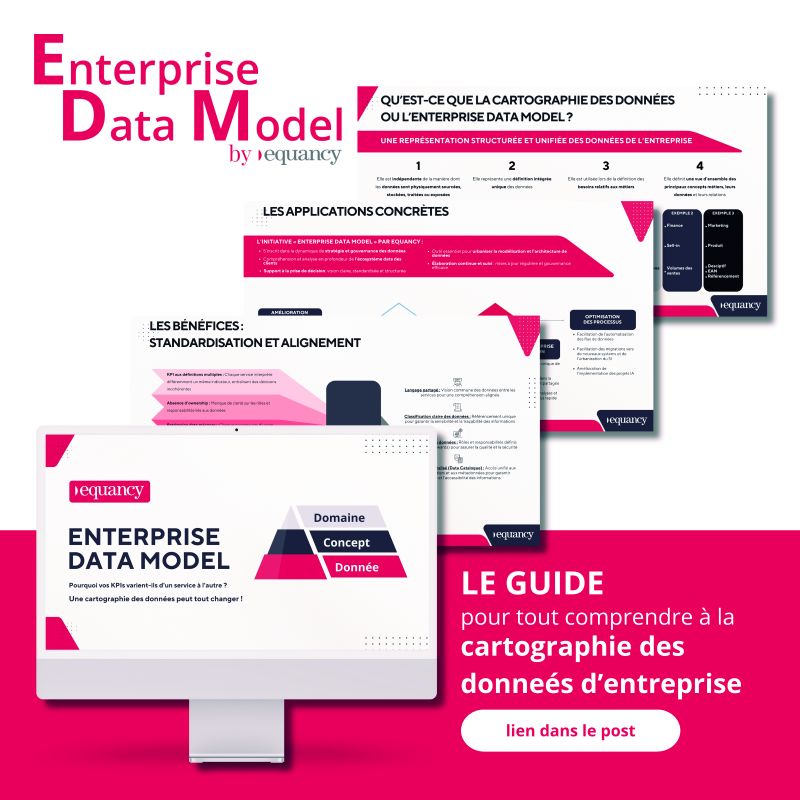Pay As in insurance: a forgotten concept ready to resurface ?
A mechanism for adapting the pricing of insurance products according to the policyholder's behaviour, "Pay As" is not a completely new concept; its genesis goes back several years in car insurance. However, few insurers have taken up this tool, so we are left wondering what is happening to this concept and whether it really has a business reality. However, the acceleration of connected devices and data sharing could bring it back into fashion and create opportunities for insurers who are more than ever looking for personalisation (68% of customers want more specific offers from insurers). But the issues are no less complex, especially when it comes to health data...
Pay As" in car insurance: from mileage insurance to behavioural prevention, the genesis of a concept that was thought to be forgotten
The first appearance of a "Pay As" concept dates back to the creation of mileage insurance: the premium is adapted to the number of kilometres driven. The "Pay as you drive" concept, which is well known today, subsequently added a behavioural and preventive dimension, which is closer to a "Pay How" concept: car insurance rates are adapted according to the driving behaviour of the insured. Pay As" offers an alternative to drivers who would be subject to higher premiums, such as young drivers, but also provides a means of prevention and reducing the risk of claims. This is what Direct Assurance has done with its "You Drive" programme, for example, by installing a connected box in the policyholder's vehicle that analyses the driver's behaviour on each journey (braking, speed, distance, bends) and adjusting the premium accordingly.
Although Direct Assurance's programme was a precursor four years ago, the giant Tesla recently brought it up to date by taking over the car insurance market in California. Where the installation of a box could constrain the driver, Tesla solves this complexity by using telematics directly embedded in its vehicles. With 'Tesla Insurance', the group uses the data provided by the cars in real time to assess the risk level of drivers and adapt premiums each month. According to the brand, the best drivers could save up to 60% on their monthly premium.
Cross-product "Pay As": opportunities that are developing in the HR and health sectors
Pay As" is also being applied to home insurance, in particular through "smart home" technologies: the rate is reduced if the policyholder equips his or her home with protection and warning systems. For example, the startup Hippo Smart has been offering up to 13% reduction in premiums for a few years now if the policyholder installs one of these systems.
In the health sector, this variation has a name, "Pay as you live": the pricing of health insurance products is adapted according to the lifestyle and habits of the insured, whose information is provided by connected objects. The field of possibilities thus seems very wide when we know that by 2030, 72% of policyholders will have at least one connected device. Especially since consumers seem to be less and less reluctant to share their data: worldwide, 55% would be willing to share more personal data with their bank and/or insurer in exchange for discounts, personalised services or specific advice.
The future of 'Pay as you live' in France: a poor framework for data use and a need to find alternative opportunities
In the age of hyper-personalisation that is in vogue in many sectors, 'pay as you go' seems to be the logical next step for the insurance model. However, will this model succeed in breaking through in a French market that is still cautious about exploiting personal data and where risk pooling is firmly anchored in the mores? We can hope so, so that our national players can remain at the forefront of a particularly competitive global market.




